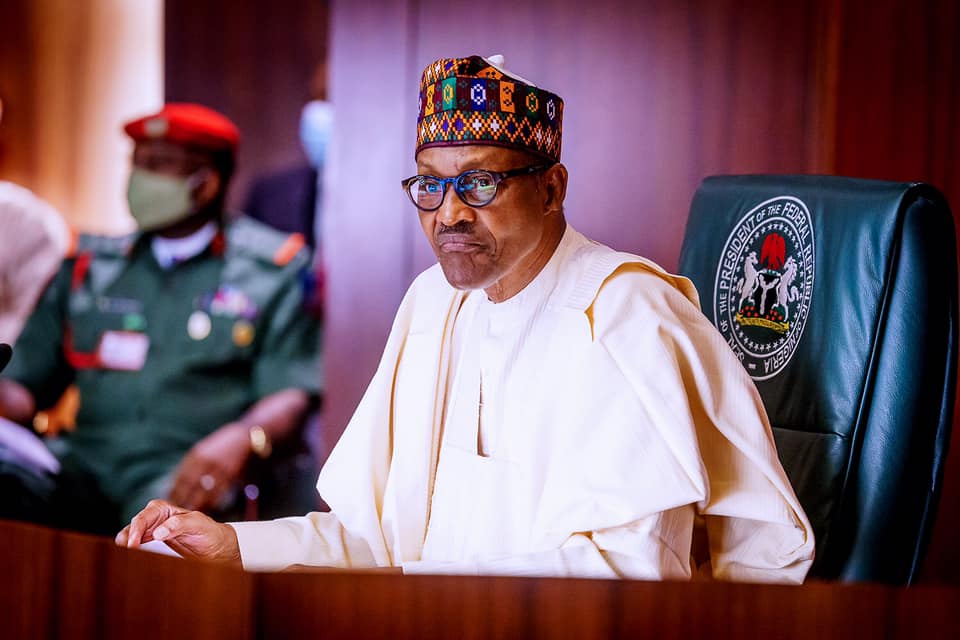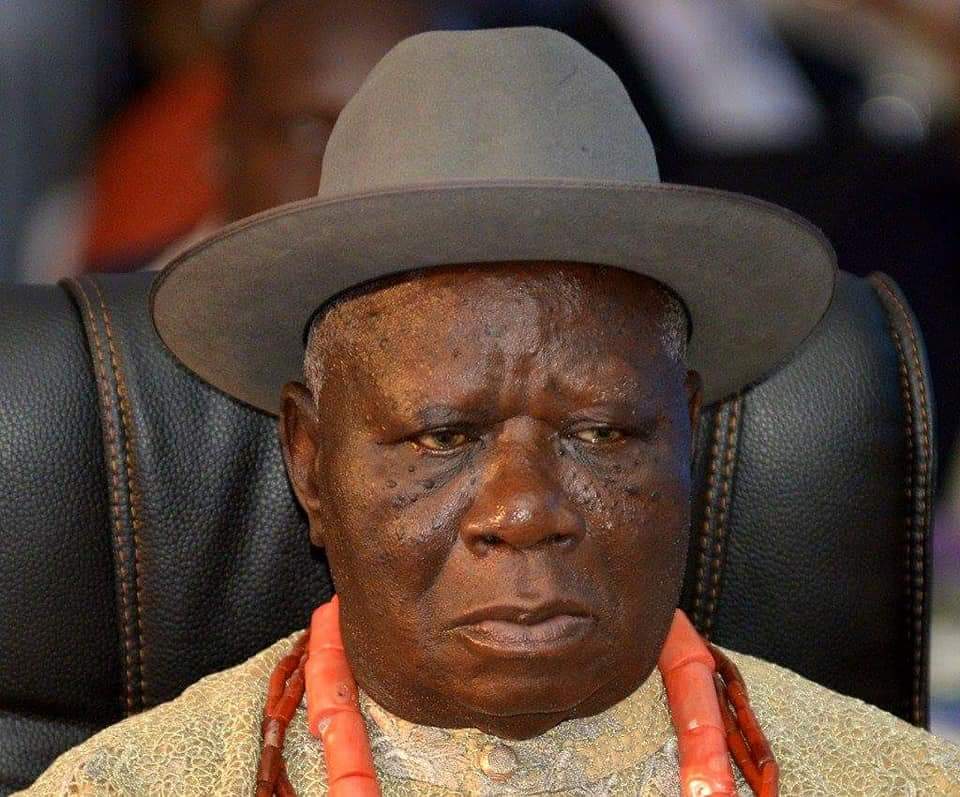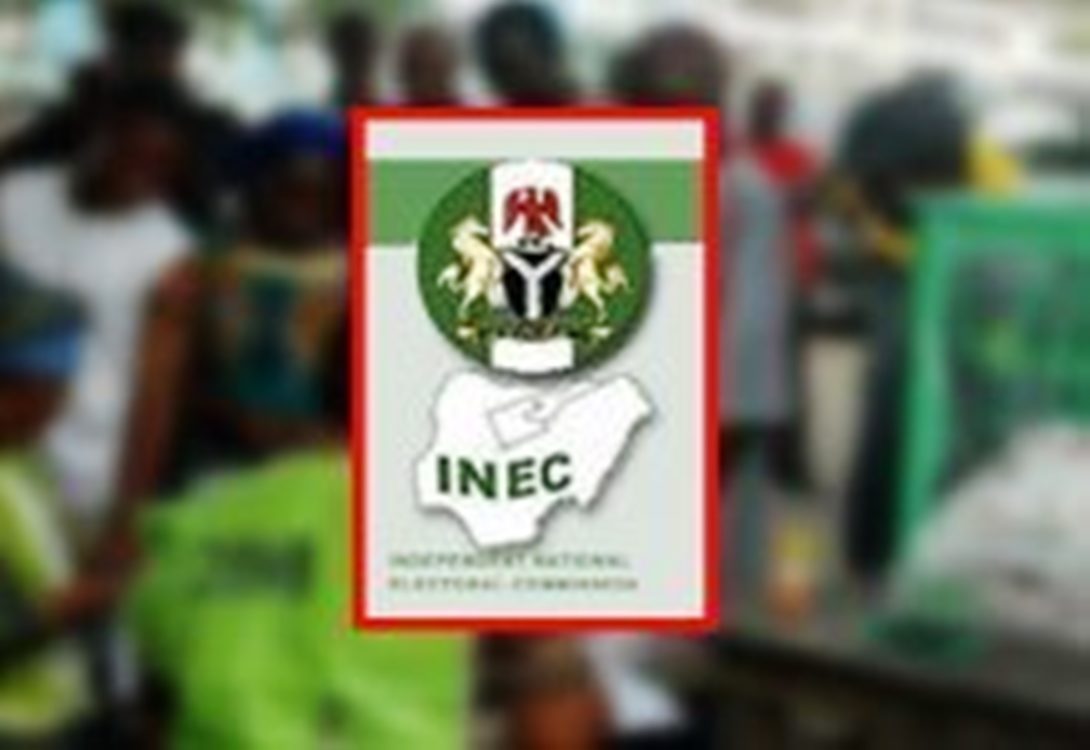FEATURED
Zoning: Mamman Daura Is Qualify To Hold Perspectives As An Elder statesman – Presidency

The Presidency says the media comment by Mamman Daura, President Muhammadu Buhari’s nephew, on zoning, though were ‘mixed up’, he (Daura) also qualified as an elder statesman with a national duty to hold perspectives.
The presidency reacted following wide range of controversies trailing the interview comments credited to Daura during the week.
The Buhari’s nephew had said that Nigeria has come of age where presidency should be based on competence rather than on rotational basis.
Daura’s comment had drawn reactions all over the country including diatribe from elder statesman, Chief Edwin Clark.
A report in TheCable says, Clark had criticized Daura’s stance on zoning, saying that he shouldn’t have a say in such matters as zoning, as he didn’t have much experience in politics.
Mamman Daura, Influential Buhari’s Nephew Flown Abroad For Urgent Treatment
“I’m not surprised at the principle statement by Mamman Daura. He has no political background; he hasn’t held any office in this country; he doesn’t belong to any political party, so he has not got any political experience,” Clark said.
“The main fact that he is permanently a resident in Aso Rock as adviser to his uncle is not enough for him to make irresponsible statement that could jeopardise the unity of this country.
“To jettison zoning is looking for chaotic situation in this country and there will be no one Nigeria, united Nigeria because no one will be a slave to the others.”
Clark maintained that any move to reject zoning would not reflect positively on ensuring unity in the country.
“Now he doesn’t want rotation to continue. Let me say this: nobody is a fool; who’s fooling who in this country?
“Every region in this country has people with reputation, capable, intelligent and are today wasting away because some people what to be the overlord of this country.
“So, if we want to have a united Nigeria and practise true democracy, there must be a rotation of the presidency between the north and south.
“Who are they now to say that they are rejecting rotation in the favour of competence? Are they more competent than any other Nigerian in one place?
“The solution is that when Buhari leaves, let the rotation go to the south as recommended by the national conference. We must have a united Nigeria based on equality, otherwise there will be no Nigeria”, Clark was quoted to have said.
But reacting to the seething attacks over the interview comment, presidential spokesman, Malam Garba Shehu, in a statement titled: “Malam Mamman’s Views Are His Own, and He Has Said So,” said presidency, since the comment was made, had been inundated with requests for presidential reaction.
According to him, Malam Daura, whom he described as an elder statesman at age 80, and having served as editor and managing director of one of this country’s most influential newspapers, “the New Nigerian”, does not need the permission or clearance of anyone to exercise his right as guaranteed under the country’s constitution.
“We have received numerous requests for comments on the interview granted by Malam Mamman Daura, President Muhammadu Buhari’s nephew to the BBC Hausa Service.
It is important that we state from the onset that as mentioned by the interviewee, the views expressed were personal to him and did not, in any way, reflect that of either the President or his administration.
“At age 80, and having served as editor and managing director of one of this country’s most influential newspapers, the New Nigerian, certainly, Malam Mamman qualifies as an elder statesman with a national duty to hold perspectives and disseminate them as guaranteed under our constitution and laws of the land. He does not need the permission or clearance of anyone to exercise this right.
“In an attempt to circulate the content of the interview to a wider audience, the English translation clearly did no justice to the interview, which was granted in Hausa, and as a result, the context was mixed up and new meanings were introduced and/or not properly articulated.
“The issues discussed during the interview, centred around themes on how the country could birth an appropriate process of political dialogue, leading to an evaluation, assessment and a democratic outcome that would serve the best interest of the average Nigerian irrespective of where they come from.
“These issues remain at the heart of our evolving and young democracy, and as a veteran journalist, scholar and statesman, Malam Mamman has seen enough to add his voice to those of many other participants”.

















